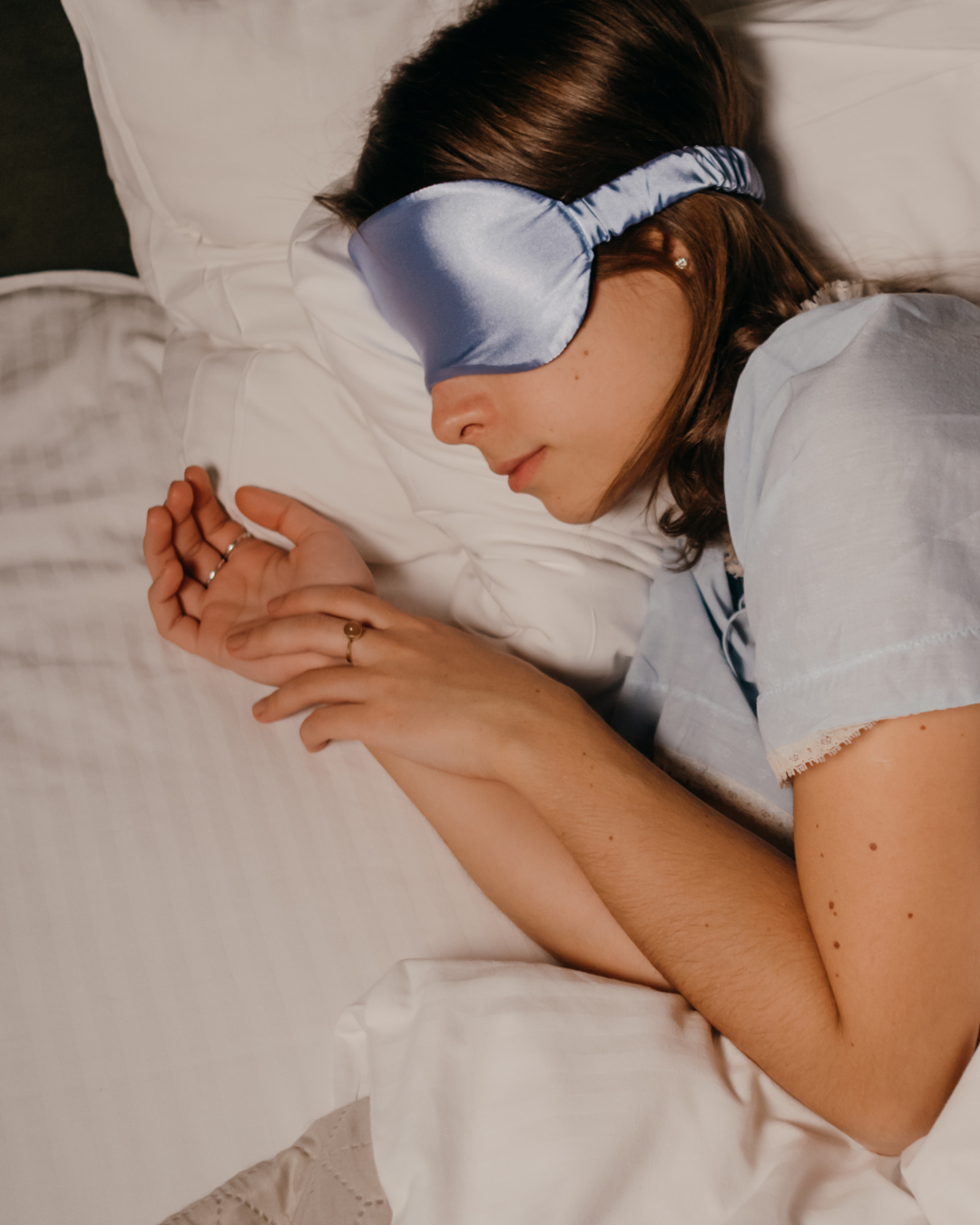
World Sleep Day: The importance of restful sleep in improving our mental and emotional health
March 18th is World Sleep Day, a day that reminds us of something we often underestimate: good sleep is a fundamental pillar of mental and physical health. In a hyperconnected world, where self-imposed demands push us to always be "productive," rest has become a challenge. But sleep is not a luxury, but an essential biological necessity for the balance of body and mind.
Sleep: A Natural Regulator of Mental Health
From psychoneuroimmunology, we know that sleep is a key process for emotional regulation, memory, immune response, and neuronal repair. During the night, the brain performs essential tasks:
- Consolidates learning and experiences.
- Regulates cortisol levels (the stress hormone).
- Modulates the production of essential neurotransmitters such as serotonin and dopamine.
- Strengthens the immune system.
When rest is disrupted, this entire balance is thrown off. Lack of sleep increases irritability, anxiety, and mental fatigue, and can become a risk factor for disorders such as depression and burnout.
Now, if most of us know or notice that after a night of deep rest we feel better, why is it so hard for us to “switch off” ?
First and foremost, what I see most in the clinic is the inability to disconnect. Hyperconnectivity keeps us constantly on alert:
- We check our phones before going to sleep.
- We work or respond to messages outside of business hours.
- We live with the feeling that there is always something pending.
This hyperactivation of the nervous system makes it difficult to transition to deep sleep, interferes with melatonin production, and keeps the brain in a state of prolonged wakefulness.
Another important factor is the fact that many people view rest as a waste of time. The idea that "you have to make the most of every minute" creates harmful habits: sleeping too little to work more, minimizing fatigue, and ignoring the body's signals. However, neuroscience is clear: sleeping well isn't wasted time, but rather an investment in well-being and productivity.
When we deprive ourselves of sleep, our ability to concentrate and make decisions decreases, impulsiveness increases, and emotional perception is altered. Demanding ourselves without rest makes us less efficient and more vulnerable to stress.
Below, I'll share key strategies to improve your sleep hygiene and promote restorative rest...
1. Create a regular and stable sleep routine
Our brains operate on a circadian rhythm, a biological clock that regulates sleep-wake cycles. This clock is synchronized primarily by natural light, but also by our daily habits. When we maintain irregular schedules, we disrupt the production of melatonin, the hormone that induces sleep, and disrupt the neurochemical balance that allows us to sleep soundly.
To reinforce this rhythm, it is key to:
A. Go to bed and wake up at the same time every day, even on weekends.
B. Avoid long naps (more than 30 minutes) or naps too late in the day, as they can make it difficult to sleep at night.
C. Respect your body's natural signals, such as tiredness or drowsiness, and do not postpone bedtime.
2. Avoid screens and bright lights before sleeping
Exposure to artificial light at night is one of the main enemies of sleep in today's society. Cell phone, computer, and television screens emit blue light, which inhibits melatonin production and keeps the brain in a state of alert. From neuroscience, we know that blue light directly impacts the suprachiasmatic nuclei of the hypothalamus, interfering with the natural processes that prepare the body for rest.
To mitigate this effect, it is recommended:
- Avoid using screens at least one hour before bedtime.
- Use blue light filters on electronic devices if their use is essential.
- Prefer warm, dim lights at night to facilitate the transition to rest.
- Replace digital activities with reading, writing, or relaxation techniques.
3. Design a suitable space for rest
The environment in which we sleep significantly influences the quality of our sleep. A noisy, hot, or stimulating environment can disrupt rest and reduce the amount of deep sleep, which is essential for neuronal repair.
Key factors for an ideal bedroom:
- Total darkness: Light (even dim) interferes with the circadian rhythm. Blackout curtains or eye masks can be helpful.
- Cool temperature: The body needs to lower its temperature to induce sleep. It's recommended to keep the bedroom between 18-20°C.
- Silence or white noise: Unexpected sounds disrupt sleep cycles. If there are external noises, you can use white noise or earplugs. Spotify has some great sounds that do the trick.
- Proper mattress and pillows: posture and comfort are essential to avoid frequent awakenings.
4. Regulate stress levels before sleeping
The sympathetic nervous system, responsible for alertness, must give way to the parasympathetic system for the body to enter rest mode. However, many people go to bed with their minds racing, reviewing pending issues or worries, which activates the production of cortisol and adrenaline, preventing relaxation.
To facilitate the transition to sleep, techniques such as:
- Diaphragmatic breathing: exercises such as 4-7-8 breathing help reduce activation of the sympathetic nervous system.
- Meditation or mindfulness: practices that induce a state of relaxation and reduce mental rumination.
- Light reading: preferably in physical format, to avoid the blue light from screens.
- Write down thoughts or to-dos: Putting worries down on paper helps free your mind and prevent them from interfering with your rest.
5. Avoid stimulants and habits that alter the production of melatonin (the famous “sleep hormone”)
Sleep is a delicate neurochemical balance, and certain habits can interfere with its regulation. Among the most common:
- Caffeine and nicotine: These are stimulants that can remain in the body for hours. It's recommended to avoid consuming them at least 6 hours before bedtime.
- Intense exercise before bed: Although exercise is beneficial, doing it too late in the day raises body temperature and adrenaline levels, making it difficult to fall asleep.
Getting a good night's sleep is like charging your phone's battery. Think of your mind and body as the device you use all day long: if you never plug it into a power outlet or only give it short, insufficient charges, it begins to fail. It slows down, overheats, shuts down, and eventually stops responding when you need it most. The same thing happens to us when we don't get enough rest: we struggle to concentrate, our emotions become unregulated, and stress builds up like apps running in the background, draining us without us even realizing it.
In therapy , we can work on those internal demands that make us feel guilty for " wasting time" sleeping or resting. Often, sleep is the first thing we sacrifice in the name of productivity or "having everything under control." A therapeutic space can help you challenge these beliefs, allowing you to recognize that rest isn't a whim, but an investment in your well-being. After all, a cell phone with a charged battery works better... and so do you.
Let's make sleep a sacred habit, not a to-do list. Because resting isn't about not doing anything; it's about preparing to do it better.
